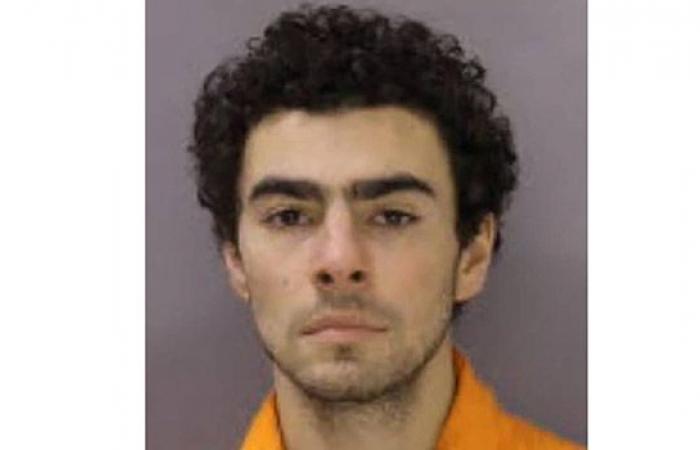Luigi Mangione, alleged killer of the CEO of UnitedHealthCare, faces life in prison without parole after this murder “considered an act of terrorism”.
Premeditated murder
Luigi Mangioneaged 26, was formally charged with murder by Brian Thompson, CEO of UnitedHealthCare. According to Manhattan District Attorney Alvin Bragg, this crime, committed on December 4 in Manhattan’s business district, constitutes a “act of terrorism”. It aims to sow terror in a premeditated manner. The young man was arrested on December 9 in Pennsylvania, 500 km from New York. If the charges of murder with a terrorist dimension are retained, he risks life in prison without parole. Currently detained in Pennsylvania, he is expected to be transferred to Manhattan soon for trial.
Motivations that question
Alvin Bragg stressed during a press conference the premeditated and methodical nature of themurder. A grand jury validated the indictment. It was held that the act was aimed at “cause terror” within a country where inequalities in the health system are a source of social tension. A graduate in engineering and from a wealthy background, Luigi Mangione carried with him a handwritten manifesto violently criticizing the American health insurance system. This three-page text raises the question of the suspect’s motivations, which remains to be clarified.
The assassination of Brian Thompson has sparked a wave of emotion across the UNITED STATESbut also virulent comments on social networks against health insurance companies. The sector is regularly accused of taking advantage of patients while making care inaccessible to a large part of the population.
Tensions sociales
Beyond the drama, this affair highlights the growing frustrations with a health system considered expensive and unfair. Public reactions show the extent to which the issue of access to care has become a major issue in political and social debates in the United States. The upcoming trial could not only determine the fate of Luigi Mangionebut also to revive discussions on the reforms necessary for a more equitable health system. An individual case, certainly tragic, but which reflects much deeper social fractures.






